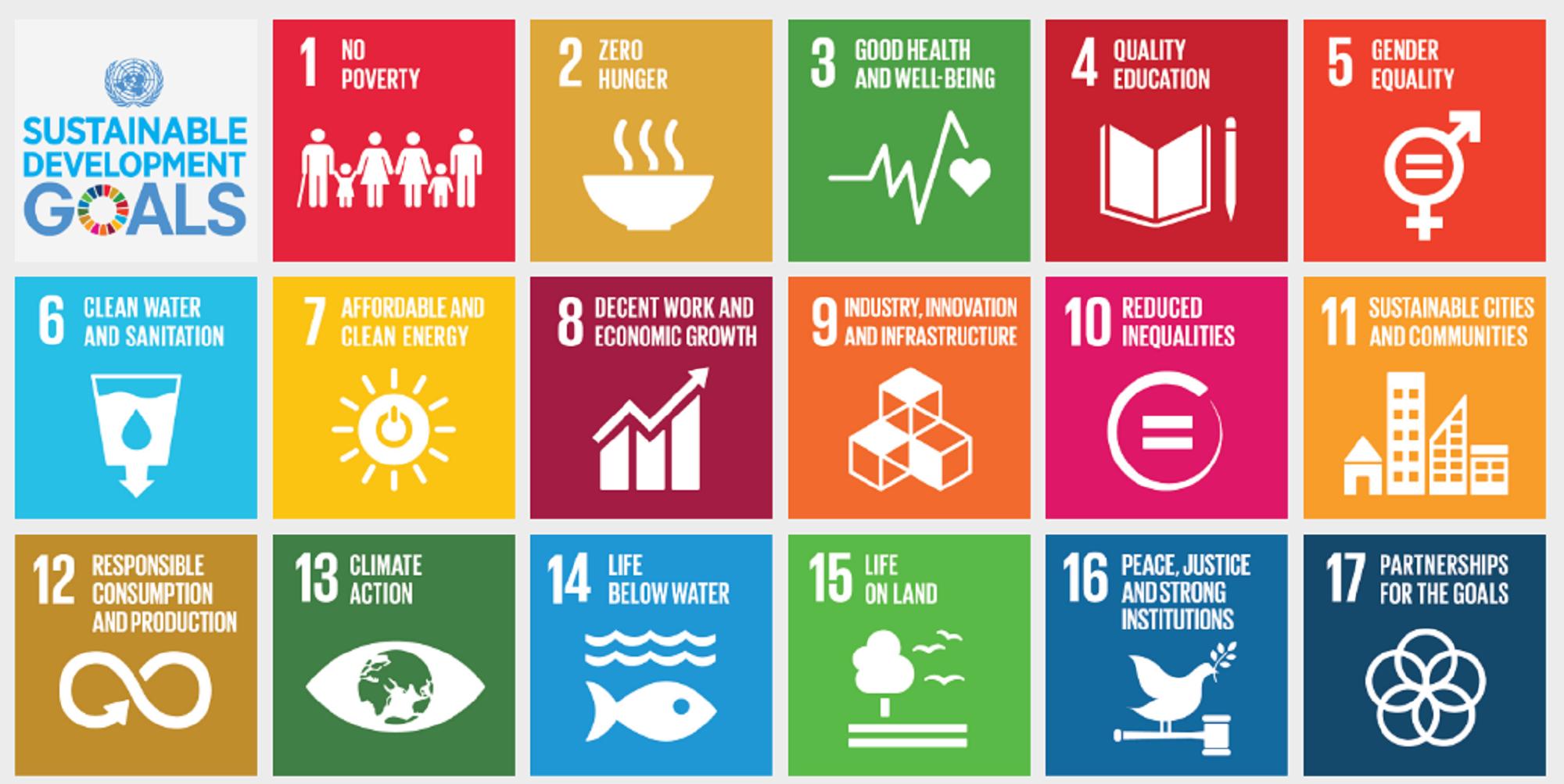Advantages of migration on sustainable development
There are reasons why migration contributes to sustainable development...
- Migration helps SDG 1 (No Poverty) by migrating remittance because when migrates come to another country for a better life, whether because of unemployment, climate change, political and sociological conflicts.., they'd want to support and promote their beloved ones and others who are stranded or couldn't make the journey to their dream country by supporting them with money and sending money abroad (migrate remittance), which would decline the poverty rate as their capable of following daily life with enough budget. Say I'm from Pakistan and I'd want to send money to my father, about 250$. If I change currency, 300$ would be around 49125 Pakistani Rupee which would be way enough for my father!
- Through migrate remittance sustainable SDG 2 (Zero Hunger) can be promoted in the agricultural sector as through migrating remittance people can purchase farming tools (tractors...) to hasten agricultural productivity and gain more harvest to decline Hunger and even boost an economy (SDG 8/12)
- Education is one of the most important, even most important privileges for developing a country and a society for transforming economies but also to overcome political, sociological, and ecological challenges of not only one nation but the entire intercontinental plane. Through migrating remittance SDG 4 (Quality Education) can be obtained as education can be financed as good as possible, so they can shape the destiny of their country. Through Education, people can contribute to fixing country problems and contribute to better standards of living, more digitalization, contribution to a country's GDP, more health service,...
- As through remittance comes Education! Through Education, one could cultivate medical doctors, who can contribute to fighting diseases like HIV or AIDS and can fight to bring more life expectance which would promote SDG 3 (Good Health and Well-Being), as diseases bring lots of challenges to poor countries and remittance can also make medicine more financeable.
Note: Even if immigrants are sent back to their original country, some will stay and won't go back. The skills some learnt in their migrated country, they can still use to contribute to their country of birth and make progress. The point is that one must also look at the bright side of things and the media must learn not to exaggerate when it comes to topics like migration but rather also look at advantages and ways to help, not spread hatred!

